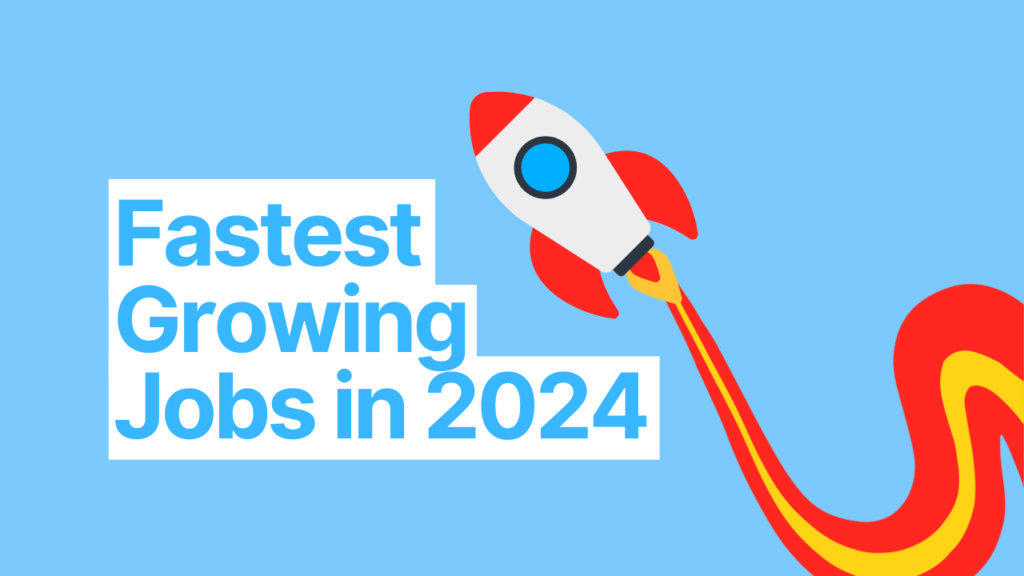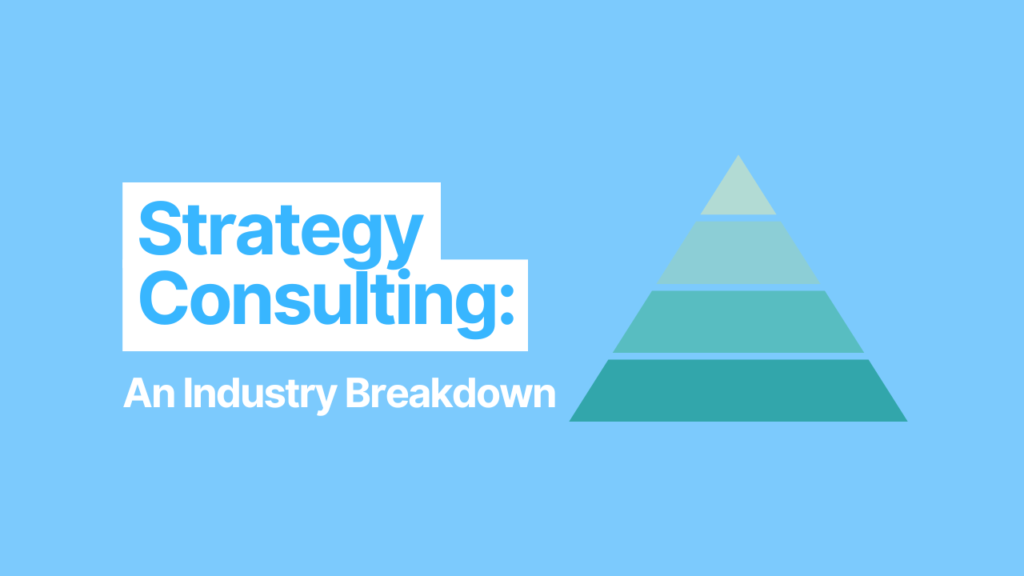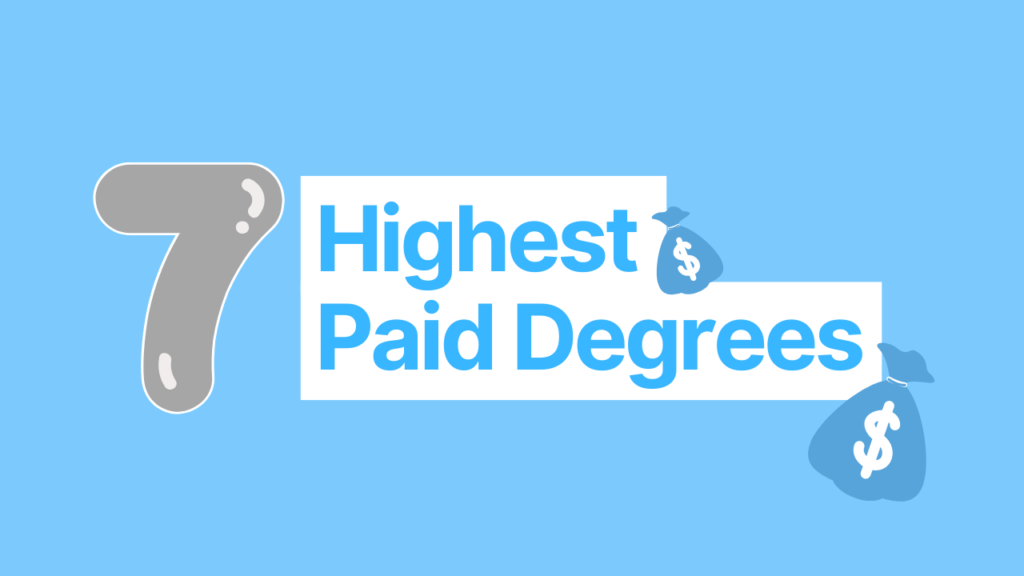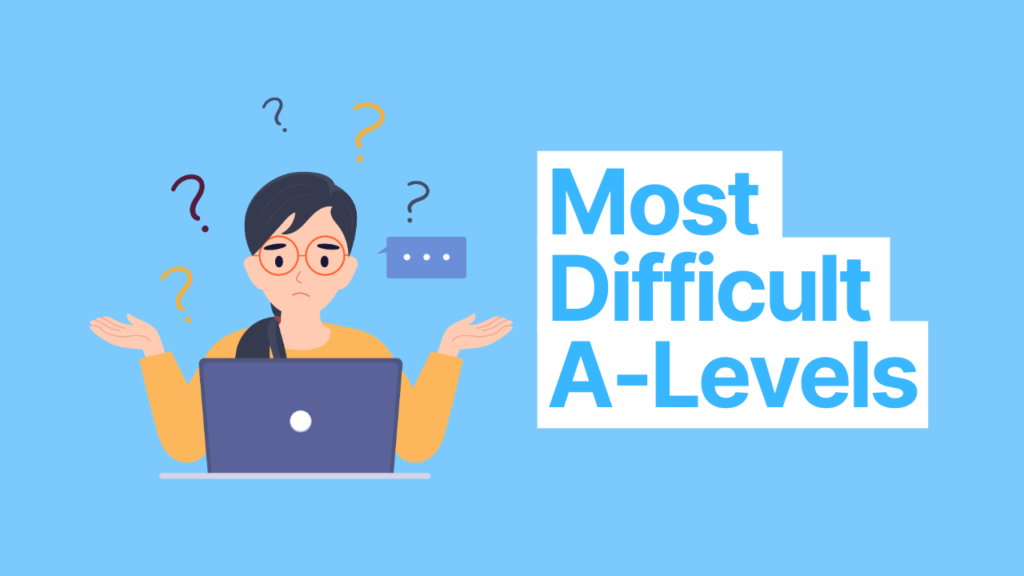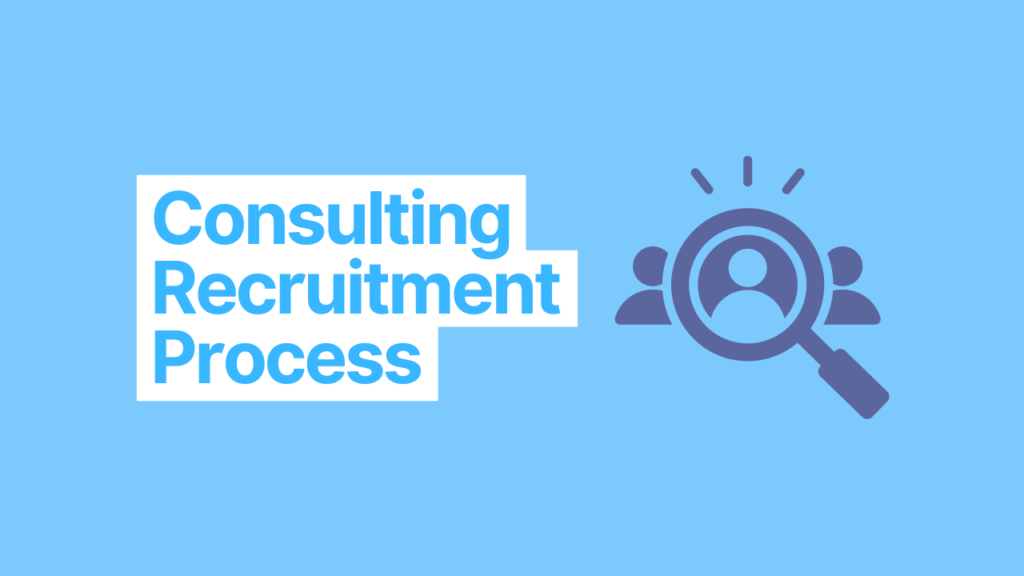
Do you feel nervous or anxious at the thought of a job interview? Do you need help with what to expect during the interview process? These are common feelings that many job seekers experience when preparing for a job interview. But fear not, with the right preparation and techniques, you can ace your next job interview.
You may wonder, how should I prepare for a job interview? How do I get to know about what questions will be asked? I experienced similar doubts during my job hunt, and now I want to share my knowledge with you.
In this guide, I will walk you through everything you need to know about preparing for a job interview. After reading this, you will feel confident and ready to tackle any job interview that comes your way.
Types of Commonly Asked Questions During Job Interviews
First, it’s essential to understand the different types of questions that can be asked in a job interview. Knowing these types will help you anticipate and prepare for them effectively. Here are some common types of questions you might encounter:
Behavioral Questions
These questions aim to assess your past behavior in certain situations and how you would handle similar situations in the future. They typically start with phrases like “tell me about a time when…” or “give me an example of…” These questions help the interviewer understand your problem-solving skills, communication style, and ability to handle challenges. When answering these questions, be prepared to provide specific examples and use the STAR method (Situation, Task, Action, Result).
Competency Questions
Similar to behavioral questions, competency questions also focus on your past experiences. These questions aim to evaluate your skills and abilities related to the job you are applying for. The main difference between behavioral and competency questions is that competency questions specifically target your competencies or skills, while behavioral questions focus on your past behavior.
Yes, you read that right; competency questions are more skill-based than behavior-based. If you prepare your competency skills beforehand, you will be able to answer these questions with ease.
Industry-specific Questions
These questions are related to the industry or field you are applying for. They assess your knowledge of industry trends, terminologies, and challenges. It’s crucial to do thorough research on the company and industry beforehand to answer these questions confidently.
When preparing for an industry specific interview, be sure to read up on recent industry news and developments. Meet with professionals in the industry and ask them about their experiences. This will help you answer these questions and show your keen interest in the field.
Technical Questions
Tech-industry or specialized jobs may require you to answer technical questions related to the job. These questions evaluate your knowledge and expertise in a particular area, such as programming languages or software applications. It’s essential to review and brush up on your technical skills before the interview so you feel confident answering these types of questions. You can also create a portfolio of your technical projects to showcase during the interview. Interviewers are always impressed by tangible evidence of your skills.
Brainteasers
Some interviewers may throw in a few tricky or unusual questions to see how you think on your feet. These are often called brainteasers, and they can vary from puzzles to hypothetical scenarios. The purpose of these questions is not necessarily to find the right answer but rather to evaluate your critical thinking skills and approach to problem-solving.
If faced with a brainteaser, take a deep breath and think through your answer logically. It’s okay to take some time to answer, but be sure to explain your thought process. The interviewer is more interested in how you approach the question rather than the correct answer.
How to Prepare for a Job Interview
Now that you have an idea of the types of questions you may encounter during a job interview, let’s discuss how to prepare for them effectively.
Thoroughly Research the Company and the Role
One essential step in preparing for a job interview is researching the company and the role you are applying for. This will help you understand its values, mission, products or services, and any recent news or developments. It will also give you an idea of what the role entails and how your skills and experience align with it. This information will be crucial in answering industry-specific questions and tailoring your responses to fit the company’s culture. Here are some tips for thorough research:
- Visit the company’s website and read about its history, values, products, or services.
- Check out their social media pages to get a sense of the company culture and recent updates.
- Network with current or former employees to gain insight into the company’s work culture and expectations.
- Use online resources such as Glassdoor to read reviews and gather information about the company from other employees.
Practice, Practice, Practice
The best way to prepare for an interview is to practice with someone else or in front of a mirror. This will help you become more comfortable answering questions and improve your communication skills.
Try to maintain a professional demeanor and speak clearly and confidently when practicing. It’s also helpful to practice your body language, such as maintaining eye contact and sitting upright. Always use the STAR method to structure your responses and provide specific examples.
Dress Appropriately
Your appearance is often the first thing an interviewer will notice about you, so it’s essential to dress appropriately for a job interview. This will vary depending on the company’s culture but always aim to look professional and polished. I saw one candidate on a job interview wearing casual shorts and flip-flops. The interviewer did not take him seriously and the candidate did not get the job. So, always dress professionally and make a good first impression.
Prepare Questions to Ask
You will likely have a chance to ask the interviewer some questions at the end of the interview. This is your opportunity to show interest and knowledge about the company and role. Prepare a list of questions beforehand, and don’t be afraid to ask for clarification or more information if needed. Avoid asking about salary or benefits during the first interview unless the interviewer brings it up.
Get a Good Night’s Sleep
Yes, getting a good night’s sleep is crucial in preparing for a job interview. Not only will it help you look rested and fresh, but it also improves your focus and concentration during the interview.
Being well-rested will help you stay focused and sharp during the interview. It will also help you present yourself in the best possible manner. Try to avoid staying up late or consuming caffeine before the interview, as this may affect your energy levels and ability to think clearly.
Conclusion
Preparing for a job interview takes time and effort, but it can pay off in the end. By following these tips, you can feel confident and prepared to tackle any type of interview question that comes your way. Remember to research the company and role thoroughly, practice your responses, dress appropriately, and get a good night’s sleep. With the right preparation, you can ace that job interview and land your dream job! So, start preparing now, and best of luck in your future interviews.
FAQs About Job Interviews
How early should I arrive for my interview?
Aim to arrive 10-15 minutes early, this gives you enough time to settle in, review your notes, and show punctuality without causing any inconvenience.
What is the STAR method?
The STAR method is a structured way to answer behavioral and situational interview questions by describing the Situation, Task, Action, and Result of a particular experience or situation.
What steps should I take if I am unsure of the answer to a question?
It’s better to be honest and admit that you don’t know the answer than to make something up. You might express it this way: “I’m not sure about the specifics of that, but I’d love to find out more.”
How should I handle speaking about weaknesses?
Choose a real weakness but show how you are working to improve it. Avoid cliches like “I’m too much of a perfectionist.” Instead, offer a genuine area for improvement and your strategy for development.
Can I bring notes to a job interview?
Yes, it’s acceptable to bring notes with your questions for the interviewer or to remind you of points you want to mention. However, keep your reference to notes minimal during the interview to maintain eye contact and engagement.
6. What’s the best way to end an interview?
Always end the interview on a positive note, thank the interviewer for their time, express your enthusiasm for the role, and, if it feels appropriate, you can ask about the next steps in the process.

